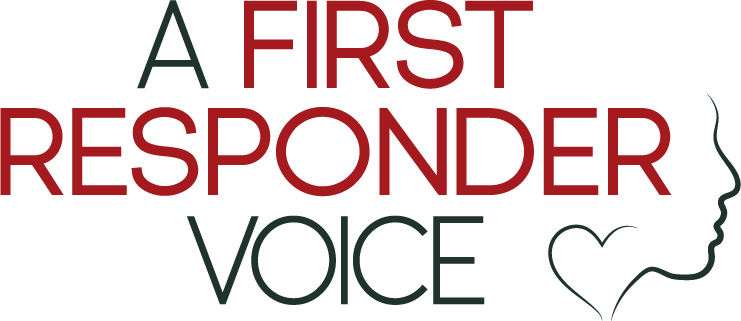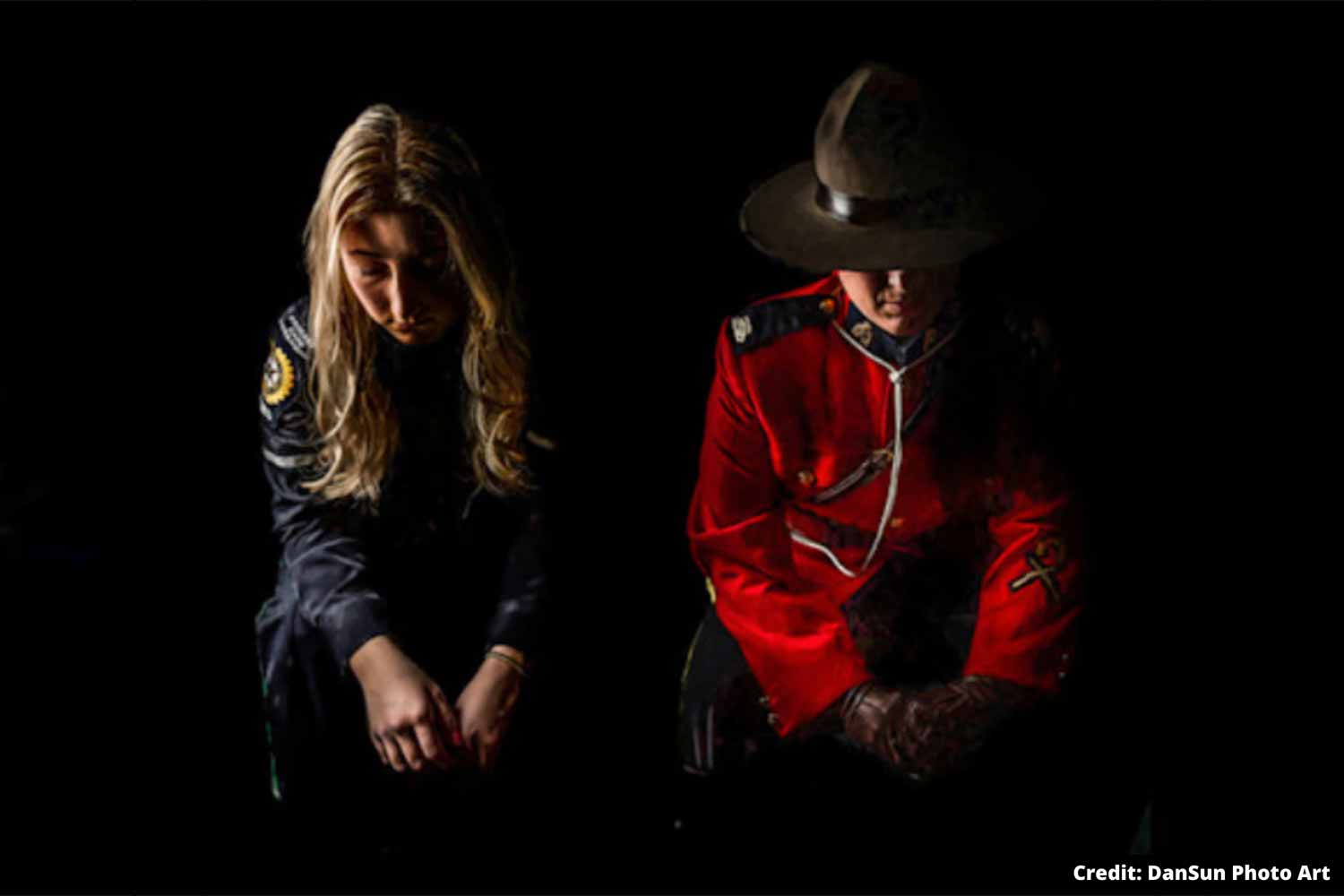Two years ago, I was asked to present at the First Responder Suicide Awareness Conference in Calgary, Alberta. The purpose of the conference was to provide a safe space for those of us impacted by Operational Stress Injuries, with hopes of reducing the stigma around mental health, addiction and reaching out for help. As a retired police officer (RCMP), having been diagnosed with and treated for Post-Traumatic Stress Disorder, it was felt that I had much to offer. I accepted the request but was frustrated when a week later I was still struggling with finalizing the topic.
I thought perhaps a different environment would inspire me, so I got up from my desk, took my pen and paper, and walked into the family room. I turned on the radio, sat down and stared at the trees outside the window. A few minutes later, the inspiration came, but from the most unexpected place. The radio.
The DJ was talking about celebrities. He discussed how they were “…just ordinary people that lived extraordinary lives…” He continued by saying “they go places and do things most of us could never imagine.” That got me thinking. If celebrities were “ordinary people living extraordinary lives,” why wouldn’t First Responders be considered in the same light? Don’t we go places and do things other people can’t imagine?
I couldn’t help but focus on the word “extraordinary”, so I turned to a couple of dictionaries for clarification: “going beyond what is usual; exceptional to a very marked extent; special, strange or unexpected.
I decided the DJ was right, many celebrities could be described as living extraordinary lives, but I couldn’t help but think so do First Responders, for very different reasons and with much less fanfare. We don’t seek attention, focus on ourselves, or look for praise. Instead, we run in when others run out, put the lives of others before our own, and are exposed to things most people don’t ever want to think about. We tend to the injured, put out fires and remove the dead from unimaginable scenes. We are threatened, assaulted, injured, and killed, because of our desire to keep our communities safe.
We are critical thinkers, problem solvers, and care givers, protecting the public from whatever comes their way. We are passionate, resilient, ambitious and have high expectations of ourselves. We do it because we care, and we are committed to making a difference. In fact, you could also say, that just by the nature of the jobs we have chosen, we are “extraordinary people.” It doesn’t mean we are better than anyone else, it just means that we are different. Very different. We have chosen a job that does not make for an easy life.
As First Responders, we need to understand that what we do is different, “unusual”, and “exceptional to a marked extent.” It is extraordinary. And because we live these extraordinary lives, we can expect to have extraordinary struggles, and we can expect to carry extraordinary burdens, resulting in the need for extraordinary care. Our jobs are dangerous, extremely stressful, and we make life and death decisions. The pressure for perfection is unrelenting as failure is not an option.
We absorb the pain and carry the trauma of the people we help, leaving little room for the tragedies and traumas in our own lives. We suffer in silence, and our families suffer in silence, shut down by the stigma of asking for help. Helping others is what we do. Helping ourselves, not so much.
Historically, First Responder professions have not valued the mental health of their employees, and in fact, mental health struggles were considered a sign of weakness. We need to change that conversation and recognize that asking for help is a sign of strength. We need to remember we are more than just our jobs. We have families. We are wives and husbands, sons and daughters, mothers, fathers, aunts, and uncles. We laugh and cry and love. We are not invincible, or unbreakable. We need to give ourselves permission to be human and we need our communities to remember we are human.
Our mental health struggles are complicated, inconvenient, and expensive, but they need to be addressed. You can’t continue to ignore the people that care for you without dire consequences.
If you want those of us keeping your communities safe to be healthy, as a community you need to know that we are cared for, so we can continue to do the work we love to do. Mandatory overtime, staff shortages, and lack of access to appropriate mental health care is not working. Our systems are breaking and so are the people that work within them.
Community members, next time you see a First Responder please take a moment to reflect on the extraordinary work we do; the sacrifices we make and the risks we take to be there when you need us.
To all the First Responders and their Families, next time you walk by a mirror, stop, take a moment, look at the reflection looking back at you, acknowledge that what you do is far from ordinary, and remember you are “Extraordinary People Living Extraordinary Lives.”

